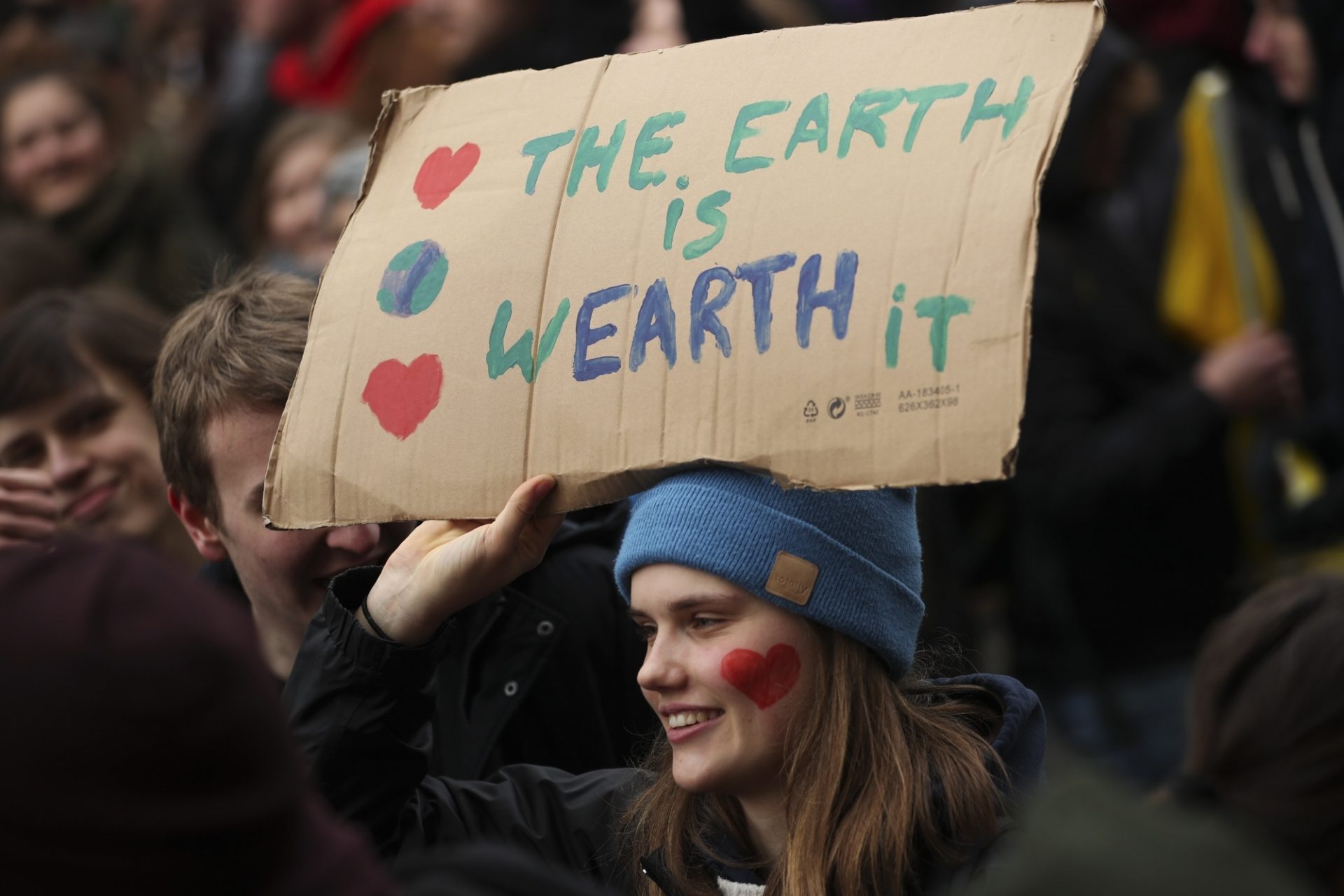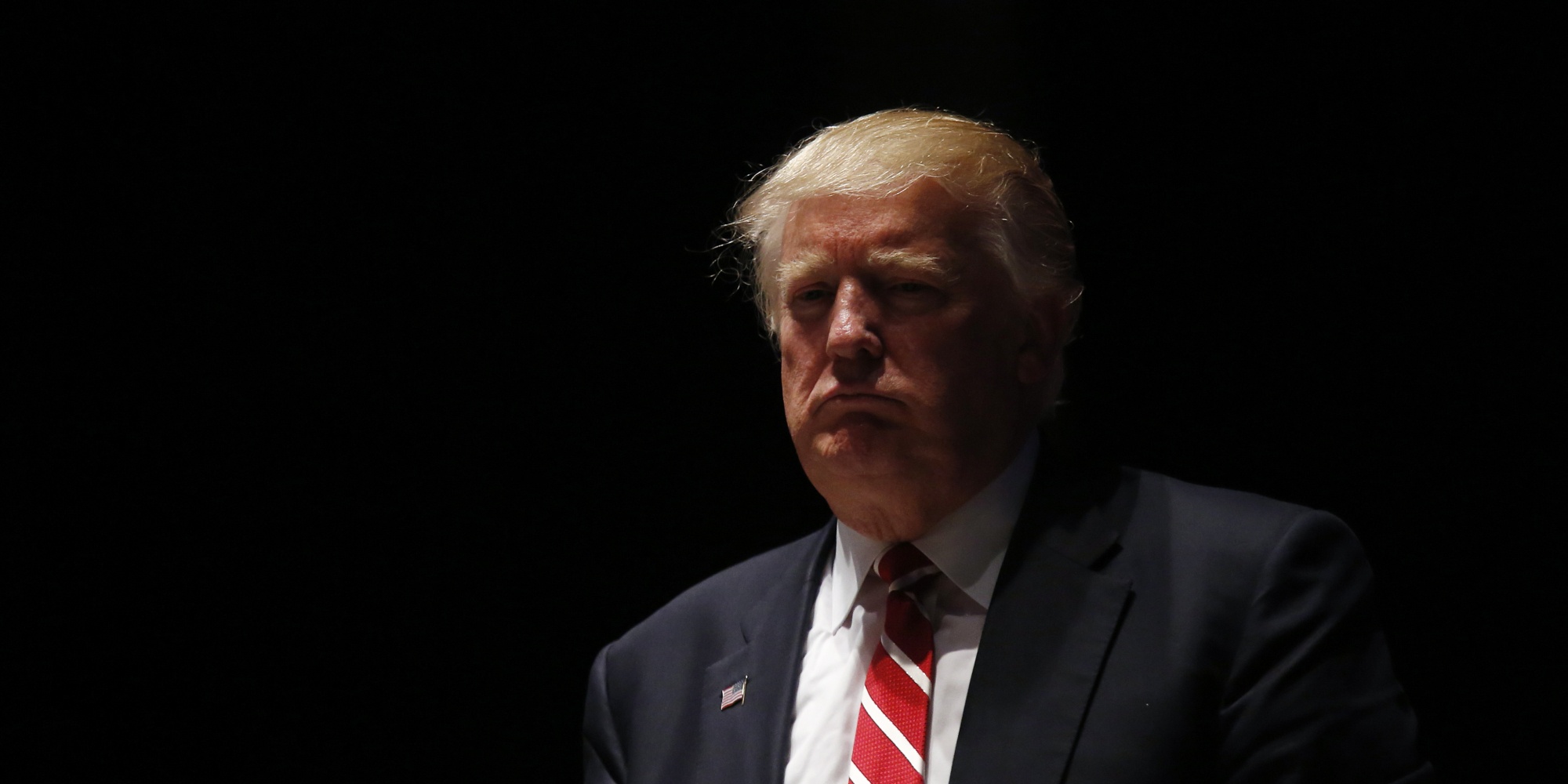
[authorbox authorid=”122″ title=”The Author”]
For ten weeks in a row high school students from all over Belgium have skipped class weekly to demonstrate and demand an ambitious governmental climate policy. The answer to their request has been disappointing to date. Instead of announcing reform, politicians have mainly been trying to avoid the real issue – the lack of concrete environmental action – by criticising the school strikers. How many more times will students have to miss class and take to the streets before policy-makers get the message and take strong action?
The gulf of student strikes started with Greta Thunberg, a sixteen-year-old girl from Sweden who in August 2018 started skipping school every Friday to sit in front of the Swedish Parliament as an act of protest against a lacking solid climate policy in her country. Greta gained world fame a few months later when she addressed world leaders at the COP24, the global climate change conference in Katowice, Poland. Her speech touched people all over the world and the uncompromising wording of it made it hard to forget what she said. “You say you love your children above all else — and yet you are stealing their future in front of their very eyes. […] Until you start focusing on what needs to be done rather than what is politically possible, there is no hope.”
Motivated by Greta Thunberg’s words and actions, two Belgian girls from Youth For Climate on 29 December launched a call for a strike by school students. The turnout for the first school strike was with 3,000 demonstrating students far greater than expected and the support kept growing. The following editions brought 12,000 and even 35,000 school kids together in the Belgian capital. The protests have further spread to all other major cities in Belgium, including Antwerp, Ghent, Leuven and Louvain-la-Neuve.
CLIMATE |
Here we go again ?: About 35.000 students back on the streets of #Brussels protesting climate change. pic.twitter.com/bFAcULSnRu
— Vocal Europe (@thevocaleurope) January 31, 2019
Youngsters in other countries have followed the example and school kids are now striking for the climate in, among other places, the Netherlands, France, Germany, Switzerland, Australia and Hong Kong. Carrying signs with humoristic slogans such as “i’ll do my homework when you do yours”, “the ocean is rising and so are we” or “make our planet great again” they show their concern about the future of the planet and demand concrete government measures.
Common lines of criticism
While the Belgian school kids got praised for their action by some, including teachers and certain ministers, it did not take long before a storm of criticism raged over Twitter condemning the school strikes.
Adults accused the school children of hypocrisy with paternalistic comments; Do you eat meat? Do you fly? Do you have a mobile phone? Then what are you doing at the demonstration? Others criticised the decision to strike during school hours, sarcastically posing the question whether so many would join the protests if they were organised on Wednesday afternoon (when there is no class in Belgian schools) or on Saturdays. Another repeated comment was that children should better be in school studying engineering so they could find technological solutions to mitigate the effects of climate change later.
Twitter may indeed not be the best place to find insightful or well-thought opinions. What is more disappointing, however, is that we heard the same sound from prominent politicians.
NV-A leader Bart De Wever said that the young should not believe in doom scenarios but instead study hard in order to contribute to climate change solutions. Theo Francken, another NV-A politician, retweeted a viral tweet mocking the youth of today and the incompatibility of their luxurious lifestyle (going on skiing trips, using a mobile phone etc.) with their environmental concerns.
CD&V leader Wouter Beke tried to undermine school strike pioneer Anuna De Wever, saying that she was media-prepped by Greenpeace and that the protests were hijacked by the far-left political movement. Climate minister Joke Schauvliege even declared that the youth protests were part of a conspiracy – claims which she admitted were false afterwards and eventually led to her resignation as minister.[1]
Also European Commission President Jean-Claude Juncker’s comments following a speech by Greta Thunberg, who came to Brussels in February to address the European institutions, were largely beside the point. Juncker said he also protested when he was young, “but on Saturdays and not during school hours”. He went on about the efforts that the EU is already doing but that Europe “could not do everything” and further talked about largely irrelevant issues. Scientists called the gap between his speech and Greta Thunberg’s “unbelievably wide”.[2]
Critics missing the point
Regrettably, the comments and criticisms on the student climate marches completely miss the crux of the issue and are often condescending towards the efforts of the young demonstrators.
Allegations that the climate strikes are instructed by certain leftist political groups who use the children as marionettes are insinuating that youngsters cannot make their own decisions. As Anuna De Wever from Youth For Climate rightly reacted, climate action is not about party politics or political affiliation: “the climate does not have a political colour”.[3]
Saying that children only attend the marches as an excuse not to go to school is untrue and patronising. While it is possibly the case for some among the protesters, it cannot be so for all thousands of students who take to the streets every week. Millennials are often portrayed as the “smartphone generation”; narcissistic and self-absorbed. It is regrettable that when they finally do stand up for a greater cause, their activism is disregarded as mere unwillingness to attend class.
If the climate demonstrations would be held over the weekend they would, furthermore, probably not generate as much attention. Exemplary is the general climate march organised before the student strikes began. On 2 December, a Saturday, 65,000 had gathered in the streets of Brussels to demand effective climate policies. Yet, only a day later the Belgian government declined to join the COP24 High Ambition Coalition (a group of countries striving for increased policies to combat climate change) and two days later Belgium voted against higher European targets for energy efficiency.[4]
The remark that children should be in school studying so they can later find solutions for the climate issue also misses the point of the protests and completely ignores the urgency of the problem. Climate scientists of the UN Intergovernmental Panel on Climate Change (IPCC) argue that we only have eleven years left to keep global warming below 1.5°C, the tipping point temperature beyond which there will be irreversible damage to the earth’s environment caused by extreme droughts, floods and heatwaves, and leading to climate-related poverty for large numbers of people.[5] If we wait for school children to get their diploma, finish university, find a job and work on climate solutions it will just be too late. We need action now by those who are currently in power.
Lastly, that young people still go on a skiing trip or use a smartphone does not in any way detract from their right to ask for a better government policy. Protecting the climate is indeed a shared responsibility to which everyone needs to contribute, but insisting on one thing does not exclude the other.
Greta Thunberg’s reaction after Juncker’s reply to her speech captures the situation perfectly: “when people talk about the climate strikes, they talk about almost anything except for the climate crisis.” Indeed, it seems as if adults and politicians try to avoid the real issue at hand and their responsibility in it by immediately firing back critique. As if they want to detract the attention from their own failure.
A reason for hope?
Last Friday, on 15 March, students in 112 countries walked out of school to demonstrate during the first worldwide climate strike. According to the organisers, the Global Strike for Future mobilised over a million young people in thousands of cities around the world.
The tenacity of youngsters who keep demonstrating despite all the criticisms is one of the most hopeful developments since decades of campaigning for environmental action. It is shameful that children have to take the lead, but at least it provides a powerful statement. Studies have shown that the human brain is not good at thinking in a sustainable way and that it is programmed to prioritise self-interest and short-term gains. Therefore, even though most people do recognise that climate change is a big threat, few are actually willing to change their behaviour. However, environmental campaigns focused on the future of our (grand) children appear to click more within people’s minds.[6]
It can thus only be hoped that persistent action by children all over the world, reminding the ones in power that they are ruining the environment and the future of coming generations, will finally lead to a drastic change in environmental policy-making. And for now, let’s hope that politicians stop making excuses and firing back critique to shift the attention from the urgency of the problem. Otherwise, who is the child and who is the adult here?
[1]https://www.knack.be/nieuws/belgie/wouter-beke-cd-v-extreemlinks-heeft-klimaatbeweging-gekaapt/article-normal-1427453.html
[2] https://www.thebulletin.be/greta-thunberg-makes-mincemeat-politicians-speech-commission
[3] https://www.nieuwsblad.be/cnt/dmf20190203_04149603
[4] https://www.jacobinmag.com/2019/03/belgium-students-strike-climate-global-warming
[5]https://www.theguardian.com/environment/2018/oct/08/global-warming-must-not-exceed-15c-warns-landmark-un-report



